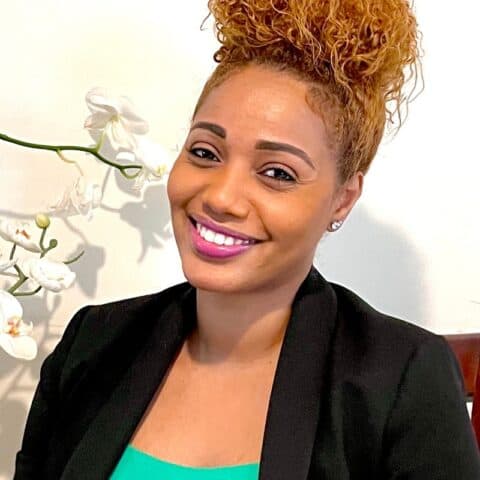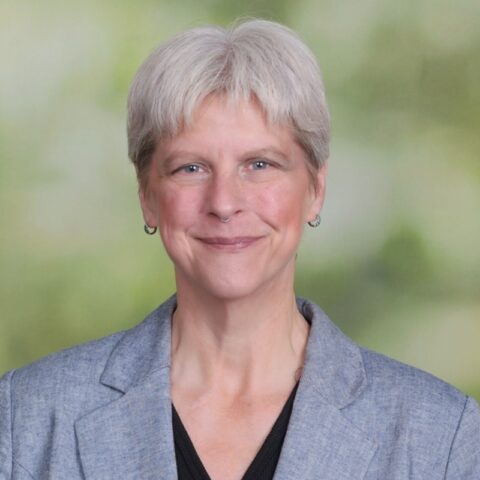What is trauma and PTSD?
Trauma and PTSD are closely related but distinct concepts. Trauma refers to the emotional response to a deeply distressing or disturbing event, while PTSD (Post Traumatic Stress Disorder) is a specific mental health condition that can develop as a result of experiencing or witnessing trauma.
Individuals might experience trauma from various situations, including childhood abuse, sexual assault, accidents, natural disasters, or the loss of a loved one. It’s important to understand that trauma isn’t limited to life-threatening events; it can also stem from experiences that challenge one’s sense of safety or identity.
PTSD is a more severe and long-lasting reaction to trauma. Those struggling with PTSD may relive the traumatic event through flashbacks or nightmares, avoid situations that remind them of the trauma, and experience heightened anxiety or emotional numbness. These symptoms can considerably impact daily life and relationships.
Complex Post Traumatic Stress Disorder (C-PTSD) is a related condition that can develop from prolonged or repeated trauma, such as childhood abuse or domestic violence. It shares many symptoms with PTSD but may also include difficulties with emotional regulation and interpersonal relationships.
Therapy for trauma and PTSD can help individuals process their experiences and develop coping strategies. Various evidence-based treatments are available, including cognitive-behavioral therapy (CBT), eye movement desensitization and reprocessing (EMDR), and exposure therapy.
These approaches can help manage symptoms, improve quality of life, and work towards healing and recovery.
At Darby Integrative Counseling, we contract with therapists who are experienced in treating trauma and PTSD. These therapists utilize evidence-based approaches to support clients in their journey towards healing and recovery.
You’re Not Alone
Many people struggle silently with the effects of trauma, unaware that their experiences are shared by countless others. You might feel isolated in your pain, but it’s essential to understand that you’re not alone in this journey. Trauma is more prevalent among young adults than most realize, and its impact can be far-reaching and complex.
You may be experiencing symptoms like depression, anxiety, or difficulty in relationships without realizing they’re connected to past traumatic events. These reactions are common and valid responses to trauma. Even if you don’t meet the criteria for PTSD, you might be dealing with complex PTSD (CPTSD), which can result from prolonged or repeated traumatic experiences.
It’s important to recognize that trauma isn’t limited to life-threatening events. Any situation that threatens your emotional well-being or sense of self can be traumatic. Your body and mind are simply trying to protect you from further harm.
Seeking help from a trauma therapist can be an essential step in your healing process. Therapists are trained to understand the intricate ways trauma affects the mind and body. They can offer various evidence-based treatments, such as EMDR (Eye Movement Desensitization and Reprocessing), which has shown great promise in helping individuals process traumatic memories.
At Darby Integrative Counseling, we contract with therapists who specialize in trauma treatment. These professionals can provide the support and guidance needed to navigate the complex journey of healing from trauma.
PTSD isn’t just mental. It’s physical.
Post-traumatic stress disorder (PTSD) doesn’t just affect your mind; it can take a significant toll on your body as well. Individuals may experience a range of physical symptoms that can be both distressing and disruptive to daily life. These symptoms are the body’s way of responding to the trauma endured.
One common physical manifestation of PTSD is headaches. Those affected may find themselves dealing with frequent or severe headaches that seem to come out of nowhere. The stomach might also be affected, leading to digestive issues and discomfort. Increased muscle tension throughout the body can cause pain and stiffness.
Fatigue is another physical symptom often encountered. Individuals may feel constantly tired, even after getting enough sleep. This exhaustion can make it challenging to carry out daily activities and responsibilities.
Memory disruptions are also a physical symptom of PTSD. Those affected might struggle to recall certain events or information, or experience gaps in memory. These memory issues can be frustrating and may impact work or personal life.
Therapists contracted by Darby Integrative Counseling are experienced in addressing these physical symptoms alongside the psychological aspects of PTSD. The practice works with therapists who understand the interconnected nature of physical and mental health in trauma recovery.
Complex Post-Traumatic Stress Disorder (C-PTSD)
Complex Post-Traumatic Stress Disorder (C-PTSD) differs from PTSD in several ways.
While both conditions stem from trauma, C-PTSD results from prolonged, repeated exposure to traumatic situations, often in contexts of interpersonal dependence.
Unlike PTSD, which can develop from a single traumatic event, C-PTSD typically arises from ongoing trauma, such as childhood abuse or long-term domestic violence.
Therapists contracted by Darby Integrative Counseling are experienced in treating both PTSD and C-PTSD, understanding the unique challenges each condition presents.
These therapists recognize that C-PTSD often requires a more comprehensive, long-term approach to treatment due to its complex nature and the deep-rooted impact of prolonged trauma on an individual’s psyche and interpersonal relationships.
PTSD vs CPTSD
C-PTSD includes all the symptoms of PTSD but goes beyond them, encompassing additional complex issues. The key differences lie in the depth and breadth of the trauma’s impact on an individual’s psyche and daily functioning.
C-PTSD involves:
- Loss of a coherent sense of self
- Attachment disorders
- Psychological fragmentation
- Tendency for revictimization
Unlike PTSD, C-PTSD often results from prolonged, repeated trauma, such as ongoing abuse or captivity. It deeply affects a person’s core beliefs about safety, trust, and self-worth. This can lead to difficulties in relationships, especially in parenting, where individuals may struggle to respond sensitively to their children’s needs.
C-PTSD also includes pervasive insecure or disorganized attachment, which isn’t part of the PTSD criteria. This aspect can greatly impact a person’s ability to form and maintain healthy relationships throughout their life.
Understanding these differences is essential for proper diagnosis and effective treatment, ensuring that individuals receive the specific support they need to heal and recover.
Therapists contracted by Darby Integrative Counseling are trained to recognize and address the unique challenges presented by both PTSD and C-PTSD. These professionals can provide tailored support to help clients navigate the complexities of these conditions and work towards recovery.
Types of Therapy for PTSD and CPTSD
Numerous therapeutic approaches have been developed to address Post-Traumatic Stress Disorder (PTSD) and Complex PTSD (CPTSD). A range of options tailored to specific needs and experiences is available.
Cognitive Behavioral Therapy (CBT) is a widely used method that helps identify and change negative thought patterns and behaviors. Dialectical Behavioral Therapy (DBT) combines CBT techniques with mindfulness practices, focusing on emotional regulation and interpersonal skills.
Eye Movement Desensitization and Reprocessing (EMDR) uses bilateral stimulation to help process traumatic memories. It’s particularly effective for single-incident traumas. For more complex trauma, Internal Family Systems (IFS) therapy can help understand and integrate different parts of the psyche.
Body-based approaches like Somatic Experiencing and Trauma Release Exercises (TRE) focus on releasing stored trauma from the physical body. These methods can be especially helpful for those who struggle with verbal expression of their experiences.
Emotional Freedom Technique (EFT) combines elements of cognitive therapy with acupressure points to reduce emotional distress. Trauma-Focused Art Therapy offers a creative outlet for processing traumatic experiences, which can be particularly beneficial for those who find it challenging to express themselves verbally.
Neurofeedback and Brainspotting are newer techniques that target the neurological impact of trauma. These approaches can help retrain the brain’s responses to traumatic triggers.
Standard talk therapy remains a valuable tool, providing a safe space to explore experiences and emotions with a trained professional. Remember, there’s no one-size-fits-all approach to trauma therapy. A combination of these methods may work best for an individual’s healing journey.
Darby Integrative Counseling contracts with therapists who specialize in various trauma-focused therapies. These therapists offer a range of treatment options to address the unique needs of each client.








